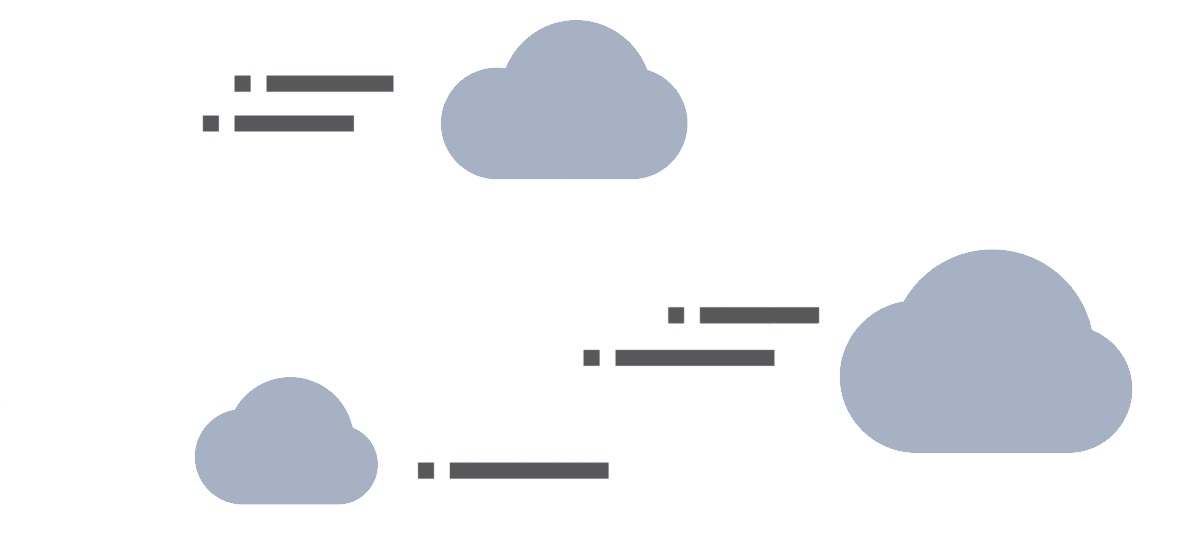Katherine Ryder, Founder and CEO of Maven, explains telemedicine’s role in increasing access to healthcare while decreasing costs and how Maven’s virtual care and services are driving impact and change for women’s health. She also touches briefly upon the lack of female representation in VC and entrepreneurship.
Read MoreAmy Wang (Director of Content at BT) is joined by past and current Schwarzman Scholars Michael Shin ('19) and Amanda Morrison ('20) in a discussion of the value of cross border communication and how the program has adapted to the global pandemic. Listen to the panelists discuss present challenges for global cooperation and share advice for those interested in the Schwarzman Program.
Read MoreIn our first-ever podcast, Business Today and Miri Rodriguez, Head of the Global Internship Program at Microsoft, discuss strategies for how students can tell their story as they navigate career during coronavirus, including tips on brushing up your resume and LinkedIn.
Read MoreBusiness Today speaks with CEO Edward Felsenthal of TIME Magazine about his journey from law to digital media marketing and the evolution of journalism in the context of social media and the Information Age.
Read MoreRob Woollen is the current CEO and co-founder of Sigma Computing. After graduating from Princeton University with an engineering degree in computer science, Woollen began working at BEA. Woollen then worked at Salesforce as the CTO for the Salesforce Platform and Work.com, as well as Sr Vice President in product management.
Read MoreAmericans have grown tired of watching commercials. But every year, on the first Sunday in February, perhaps paradoxically, millions of viewers turn on their TVs during the Super Bowl—sometimes, just to see the ads.
Read MoreThat means music from just one of Swift’s albums could be nomination in two separate years, keeping her music on the radio and in front of listeners, all the while driving extra press and extra profit.
Read MoreThese developments are contingent upon how successfully Boeing deals with the 737’s planes and the true extent of the current problem.
Read MoreThe iconic red circular patch with an insignia of Canada can be seen on many a puffer jacket in the winter - so much so that one might think that it was a common brand item. But actually, the brand is very expensive. So why do people still buy them?
Read MoreYouTube does have a duty to stop the predatory comments on their platform, but it should not implement the policy in a way that supports the big corporations while leaving the smaller, or non-profit, YouTube channels at the will of an ambiguous set of standards.
Read MoreBut in each case, it makes their music less attainable to the average person who may not be able to afford the fees of the more expensive music platforms that the artists prefer. In the end, it seems to be the fans who suffer.
Read MoreThose who succeed in China are selling an experience and a lifestyle. If US tech firms can do that, they could very well be on their way to success in China, too.
At the Wall Street Journal, Mona Soni and Shazna Nessa discuss how technology has been able to further enhance their storytelling methods.
Read MoreThe election of Donald Trump spurred conversation about a concept deep rooted in history but still shocking. Fake news.
Read MoreYour Daily Fix of All Things Business
Read MoreAnyone who has logged onto Facebook or other forms of social media in the past few months
Read MoreSince 2009, nearly 1 million books have vanished from libraries in historical places such as Washington, D.C. and Fairfax, Virginia.
Read More
















